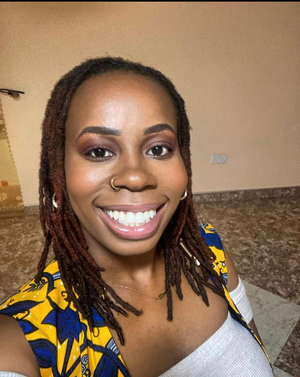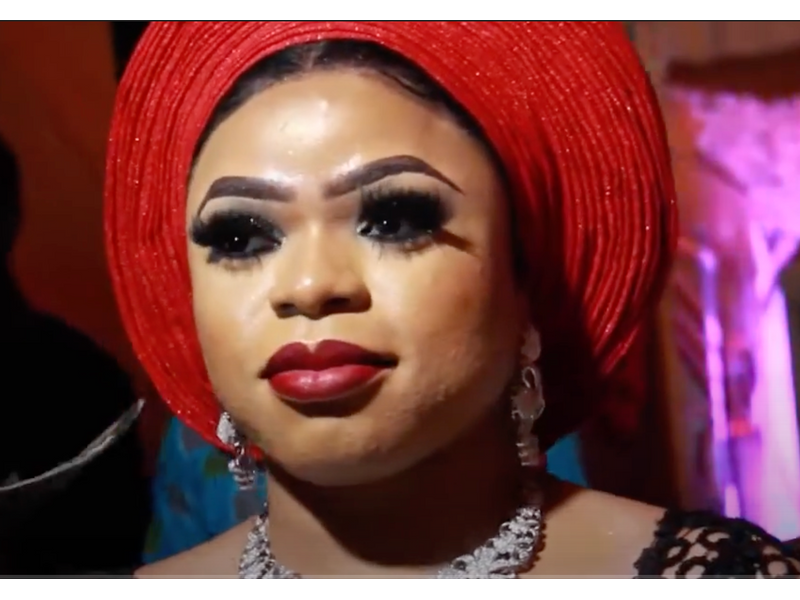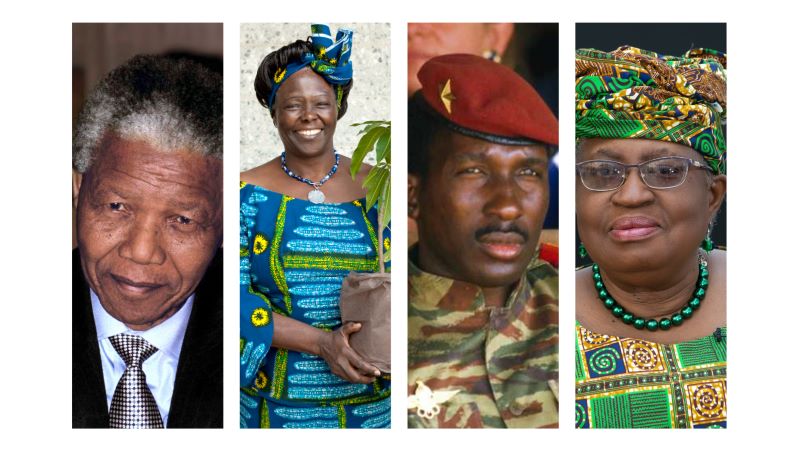( Bob Risky. Image by Princess of Ara via Wikimedia Commons )
Individuals who brave the dangerous terrain of embodying non-heteronormative or queer identities, and are able to withstand the pressure on their identity and lives, are forces to be reckoned with. The Human Rights Campaign (HRC) reports that transgender-based violence in the United States is on the rise, with 44 known murders in 2020, and more than 57 reported murders in 2021.
March 31st is Transgender Day of Visibility. To dispel myths about non-heteronormative identities in traditional Africa, and ‘shake the table’ by providing an anti-colonial perspective on gender, we are exploring queer identities practiced in African societies.
Non-heteronormative, gender-queer, or gender diverse identities have been evidenced in cultures around the world, including Native American cultures, some of which include tribes with a third gender known as ‘berdache’ or ‘two-spirit’, the Bakla third gender in the Phillippines, the Muxe third gender in Mexico, and more.
Many royals in ancient African cultures, including Ugandan societies, utilized same-sex harems. The legendary 17th century Angolan Queen Nzinga was known for having a harem of up to 60 males, who wore female garments. In the ancient Mamluk Empire of Egypt, women deemed as masculine were raised as males, and received privileges and rights that other males in the society received.

( Arya Jeipea Karijo, Kenyan Transgender and LGBTQ+ Activist. Image by Arya Jeipea Karijo via Wikimedia Commons )
While studying in Ethiopia in the 1950s, psychologist and anthropologist Simon Messing observed males with non-heteronormative identities who were known as wӓndarwӓrӓd or ‘male-female’, and non-heteronormative identifying women were known as wӓndawӓnde.
In contemporary Madagascar, the Saklavas tribe has a custom where effeminate males are raised as young women and are believed to harness spiritual power over individuals that attempt to torment them. These males, known as the Sekrata, are recognized as a third gender.
Bobrisky, the Nigerian transgender woman and socialite, has accumulated millions of audience members on social media platforms such as Snapchat and Instagram and is known for her confidence, witty sayings, and boastings about rich men who she has relations with. As Nigeria has anti-LGBTQ+ laws in the country, Bobrisky’s name personifies her endeavors. Through marketing her individuality, Bobrisky has been able to monetize her brand and bring awareness to African transgender identities. Other African transgenders include Arya Jeipea Karijo, the Kenyan transgender woman and LGBTQ+ activist, Cameroonian youtube sensation and transgender woman Shakiro, and South African transgender woman and fashion model Lehlgonolo Machaba.
In the book Boy-wives and Female-Husbands: Studies in African Homosexualities, Stephen O. Murray and Will Roscoe uncover research on non-heteronormative identity customs of Africa. Learn more about ‘Boy-Wives and Female-Husbands’ here.
Works Cited
https://www.britannica.com/topic/berdache
https://www.bgsu.edu/content/dam/BGSU/multicultural-affairs/documents/queer-glossary.pdf
https://www.bbc.com/news/health-35242180
https://www.globalcitizen.org/en/content/third-gender-gay-rights-equality
https://www.redeemer-cincy.org/uploads/images/gender-diversity-in-indigenous-cultures_205.pdf
https://www.bbc.com/news/world-africa-57085664

Nana Ama Addo is a writer, multimedia strategist, film director, and storytelling artist. She graduated with a BA in Africana Studies from the College of Wooster, and has studied at the University of Ghana and Kwame Nkrumah University of Science and Technology. Nana Ama tells stories of entrepreneurship and Ghana repatriation at her brand, Asiedua’s Imprint ( www.asieduasimprint.com ).





